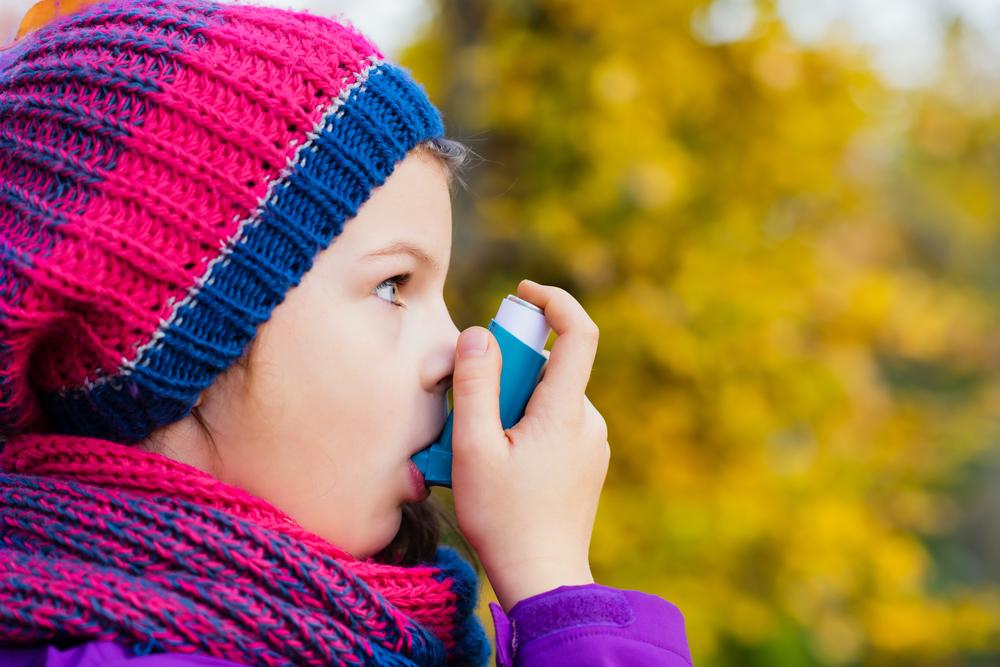Unexpected Factors That Can Trigger Asthma Attacks
Learn about lesser-known triggers for asthma, including emotional stress, traumatic events, and mental health issues. Discover practical strategies to manage emotions and reduce asthma episodes effectively.
Sponsored

Uncommon triggers for asthma you might not be aware of
While many know about common environmental triggers like pollen or pollution, less obvious factors such as emotional stress can also provoke asthma episodes. Intense emotions, whether sadness or joy, may lead to breathing difficulties. Managing emotions becomes vital for those with asthma.
Some rare emotional triggers include:
Emotional experiences
Research shows that after viewing emotionally intense images, individuals experienced decreased lung function. Participants exposed to images of tragedy or disaster found it harder to breathe, indicating that negative emotions can impair respiratory health.
In additional studies, participants recorded their moods multiple times daily over several weeks, revealing that negative emotions can worsen lung performance. Chronic emotional stress may particularly impact asthma sufferers over time.
Traumatic events
Severe life stressors have been linked to increased asthma attacks. Both children and adults undergoing intense personal crises often experience worsened respiratory symptoms and need medical attention.
Persistent anxiety and depression
Research indicates a higher prevalence of mental health issues like anxiety and depression among individuals with asthma. These mental conditions can reduce symptom control and lead to more frequent emergency visits. Panic episodes, especially, can trigger sudden asthma attacks, complicating management.
Chronic depression
Long-term stress and depression can make asthma worse, especially in children prone to stress. Adults under chronic stress may experience a decline in quality of life, with stress hormones increasing airway sensitivity to pollutants and allergens.
Tips to Manage Emotional Triggers and Reduce Stress
Identify and avoid stress sources
Engage in regular physical activity
Practice breathing exercises and relaxation methods
Follow a balanced diet
Seek professional help for depression or anxiety






